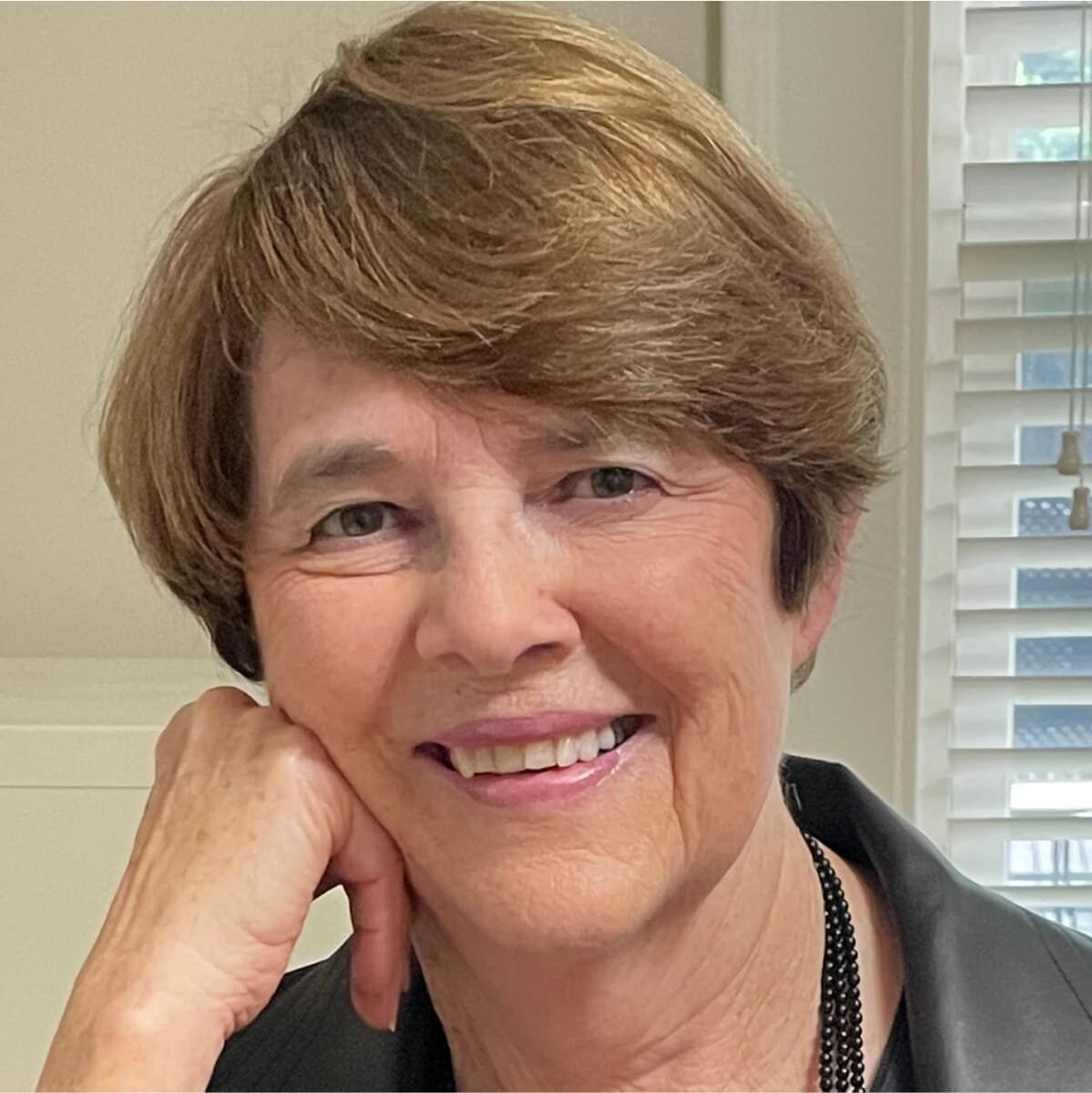
“A rose by any other name…”
February 19, 2021
“…would smell as sweet,” remarks Juliet Capulet in William Shakespeare’s “Romeo and Juliet.” I imagine Juliet is correct but, actually, I have no idea because I suffer from anosmia, the clinical term for the inability to smell.
I’m not sure if I was born this way—a condition called congenital anosmia— or whether the allergies I had as a child, or perhaps a virus or some other event, caused my sense of smell to cease before I could remember it.
I only know that I am unable to enjoy the scent of roses or any other flower, don’t recognize the sweet smell of newly mown grass, can’t detect the aroma of bacon while it’s frying on the stove, don’t realize if the milk in the fridge has gone sour, can’t tell if the meat or fish has spoiled, and wouldn’t be able to smell smoke or a gas leak in my own house.
I have usually lived, thank goodness, with people who have a keen sense of smell. When I was eight years old, my mother, despite being woozy from painkillers prescribed for a gall bladder attack, smelled smoke as the rest of us slept and saved our entire family from a potentially fatal house fire.
As for me, I don’t really miss having a sense of smell, perhaps because I’ve never had it. It’s just the way things are, and I’ve learned to live with it. As a young mother, I performed lots of visual checks on my babies’ diapers. When I want to purchase a gift of perfume or scented soaps, I drag a friend along with me. I pay special attention to expiration dates on food and liquids. I keep my house scrupulously clean, and ensure the gas and smoke detectors are always in fine fettle.
It helps that I can taste fairly well, which many anosmics cannot do. So, while I can easily distinguish, say, chocolate ice cream from vanilla ice cream, I can’t discern subtle flavors. And, sometimes, not-so-subtle flavors, such as garlic.
Most often, people lose their sense of smell after a head injury, a virus, or a sinus disease. But perhaps one in 10,000 Americans are born without a sense of smell, according to the National Institutes of Health. Historically, the ability of humans to smell has been devalued; it is the sense, according to a 2019 survey, you would be most willing to lose.
Then COVID-19 came on the scene.
Because one of the most common symptoms of COVID is the sudden loss of smell and taste, the novel Coronavirus has “opened new doors to understanding our most neglected sense,” says Brooke Jarvis, who last month wrote a fascinating article on smell for The New York Times Magazine. Scientists have gone from thinking of smell as a “bonus sense” to a dominant one, she writes, and “from a secondary sense to one of the primary things that influences our life.” In the past, “it was always hard to get financing to study smell or smell disorders.” But in the COVID era, we’re reminded that our Fifth Sense actually is a “startling superpower.”
COVID patients who temporarily lost their sense of taste and smell often became distraught and disoriented, telling researchers it was like being thrust into a world of black and white, devoid of color. Some became depressed, others deeply anxious, complaining they felt disconnected from the world around them, or “trapped behind a sheet of glass.”
It’s common to lose smell acuity as you age, and before COVID, an estimated 3 percent of Americans had little or no sense of smell at all. But that number is growing. Of the more than 8 million COVID-19 cases reported in the United States as of October 2020, experts predicted nearly 10 percent of them will have long-term smell loss. Since then, the number of cases in the U.S. has exploded and is approaching 28 million.
While most COVID patients recover their sense of smell and taste within two or three weeks, some do not. And so, advocacy groups such as AbScent and a Facebook support group called Congenital Anosmia, are getting more looks. Smell-training workshops have sprung up online offering advice and exercises to help COVID survivors regain their sense of smell. More scientists, too, are taking notice. Last spring, as COVID began to ravage the world, hundreds of scientists from dozens of countries formed a group called the Global Consortium for Chemosensory Research to study COVID-related issues of smell and taste.
It would be wondrous if, while researching these COVID-related issues, scientists find a cure for congenital anosmia. If they’re successful, I might finally be able to smell a rose.
Post-script: Anosmia Awareness Day has been observed internationally since 2012 to spread awareness and encourage research on this disorder. This year, Anosmia Awareness Day will be celebrated on February 27.

Jan Collins is a Columbia, South Carolina-based journalist, editor, and author. A former Nieman Fellow at Harvard and former Congressional Fellow in Washington, D. C., she is the coauthor of Next Steps: A Practical Guide to Planning for the Best Half of Your Life (Quill Driver Books, 2009).